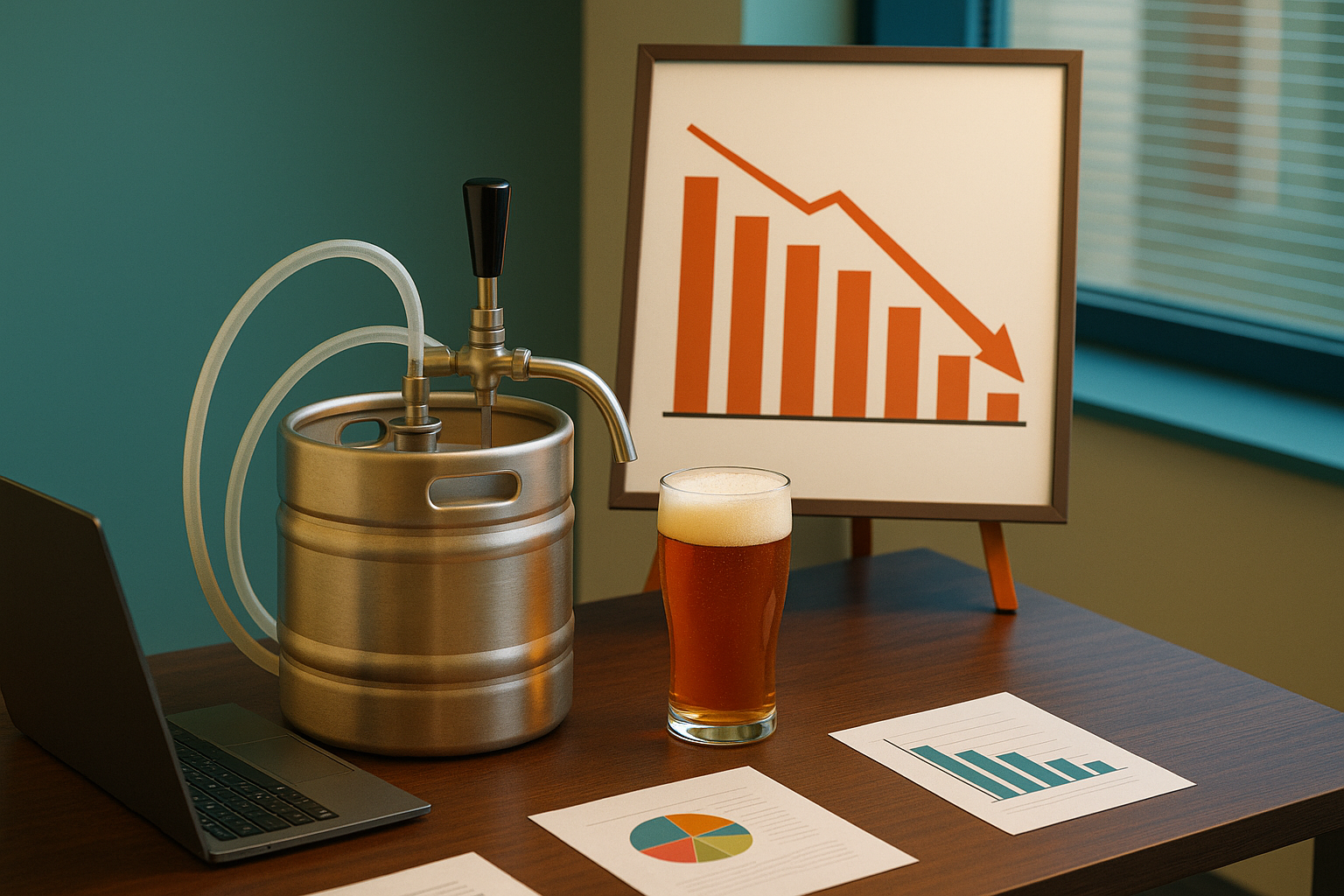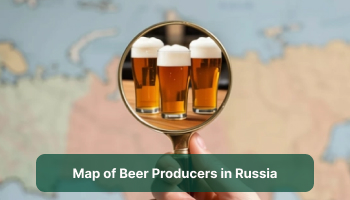Beer sales under pressure of restrictions: what is happening on the alcohol market in Russia

A conference dedicated to the review of the introduction of new restrictions on the sale of alcohol in the regions of Russia was held at the BeviTec exhibition. The focus was on the contradictory practice of regulation: stricter rules often lead not to a decrease in consumption, but to an increase in the shadow market and an increase in social tension.
According to the Concept of reducing alcohol Consumption by 2030, the focus of public policy is on promoting a healthy lifestyle, rather than on outright bans and increased excise taxes. However, in practice, many regions impose strict restrictions: they reduce the hours of retail sale of alcohol, prohibit sales in apartment buildings and increase sanitary radii around social facilities.
The twofold nature of such measures can be considered in the Vologda region, where restrictions have led to the emergence of illegal alcohol sales through taxi drivers and online platforms, as well as to an increase in demand for surrogates and moonshine. But at the same time, the Vologda regional government held a meeting on the operation of the anti-alcohol law. According to the governor’s press service, alcohol sales in the region decreased by 20%. Of the 610 alcohol markets in the region, 230 were closed, and alcohol sales through them decreased by 51%. The authorities also note a reduction in the number of cases of drunk driving and alcohol poisoning.
In the Moscow region, from September 1, 2025, a ban on the sale of alcohol in stores with entrances to residential buildings will come into force. Additionally, there is a requirement for a separate exit to the street within 30 meters of the road. This may lead to the closure of up to 5,000 outlets, mostly small retailers.
More than 20 regions of Russia have increased restrictions on the retail sale of alcohol in residential buildings. In 17 regions, a ban on trading in shops with entrances from entrances, courtyards and playgrounds has been introduced. In another 6 regions, the sale of alcohol is prohibited in premises that have been relocated from the housing stock. Increased requirements for the area of shops in apartment buildings have been established in 7 regions. The sale of beer and other low-alcohol beverages for bottling in residential buildings is prohibited in 6 regions. In the Belgorod region, residents can initiate a ban themselves through a general meeting. In the Republic of Sakha-Yakutia, sales are allowed only in specialty stores. These measures, despite the differences in mechanisms, reflect a general trend towards the displacement of legal retail from residential areas, which, according to experts, may strengthen the position of illegal trafficking and shadow trade.
Experts propose to introduce mechanisms for a gradual transition and a mandatory reassessment of the effectiveness of regional restrictions two years after their introduction.





